Mexican President AMLO Drops One Biotech Corn Deadline
MEXICO CITY, MEXICO – Two weeks ago, the Mexican government lifted a deadline for banning imports of biotech corn for animal feed and industrial uses; however, the ban remains in … Read More




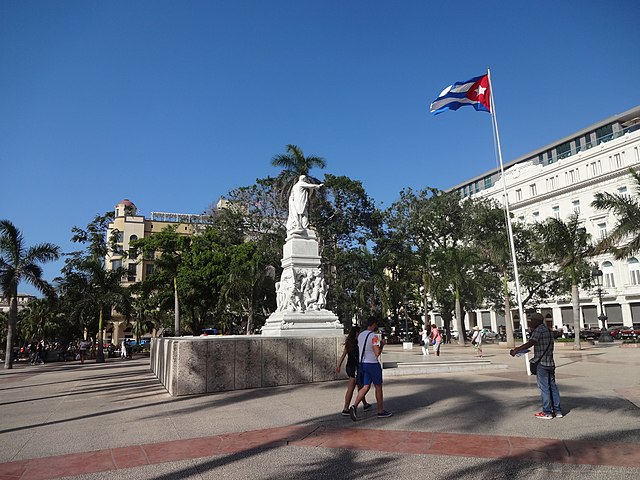



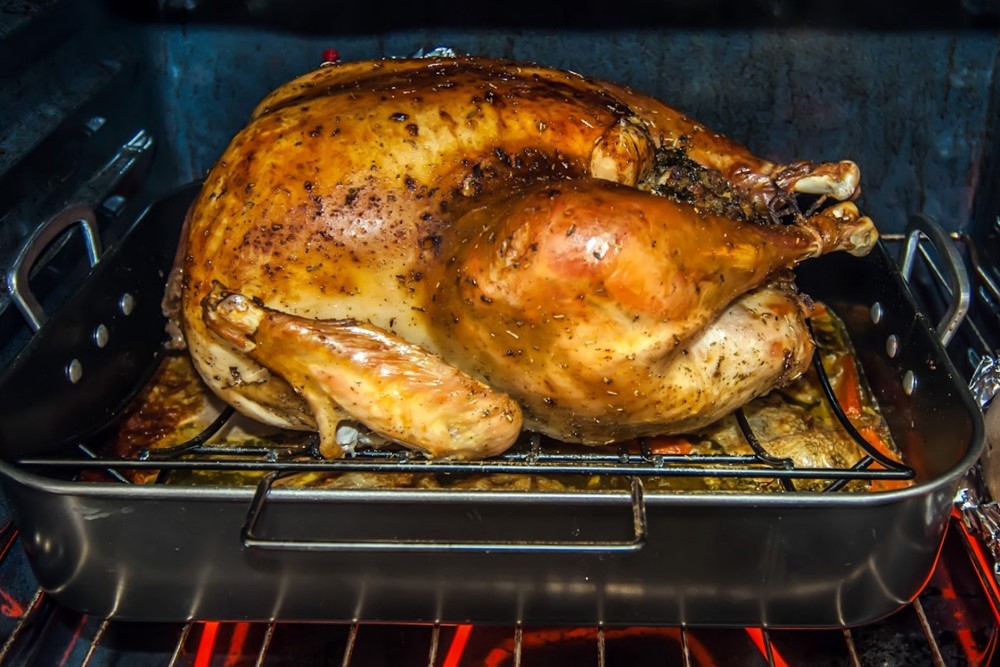






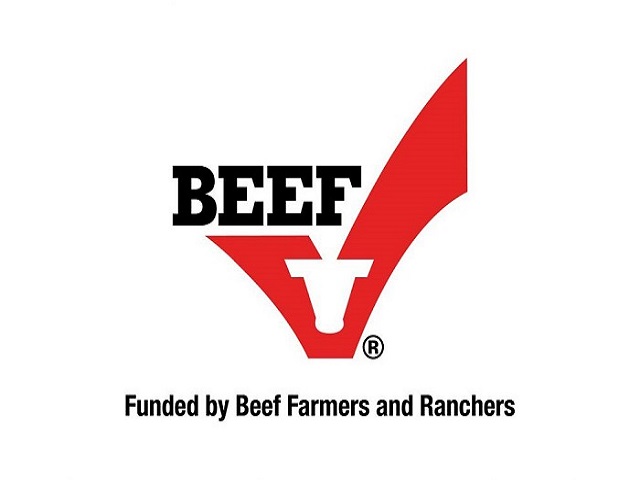
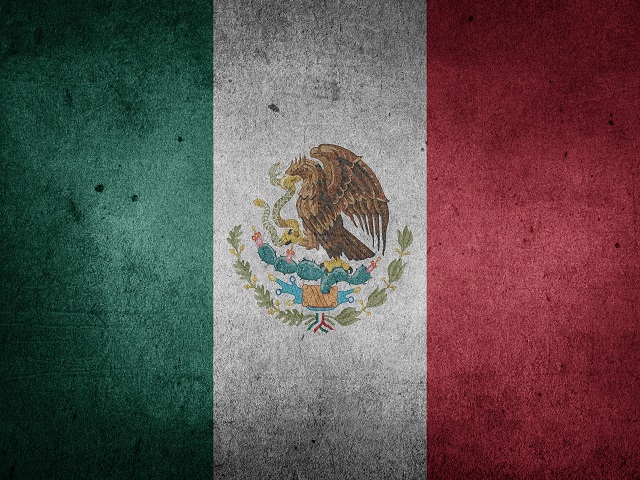
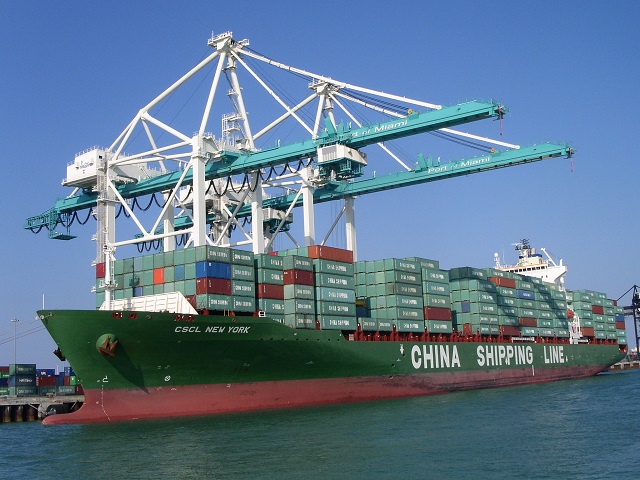
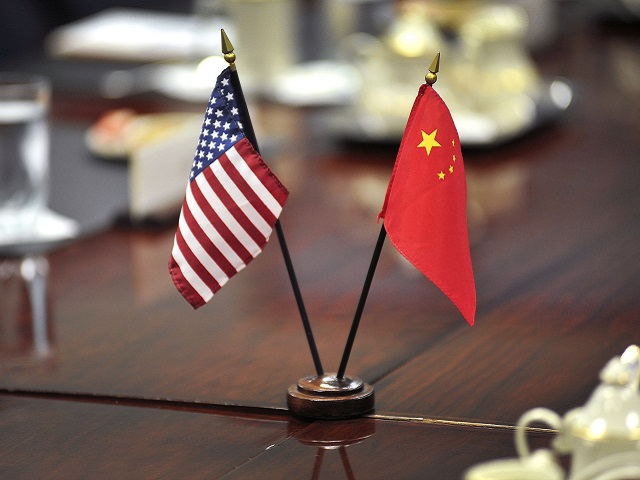
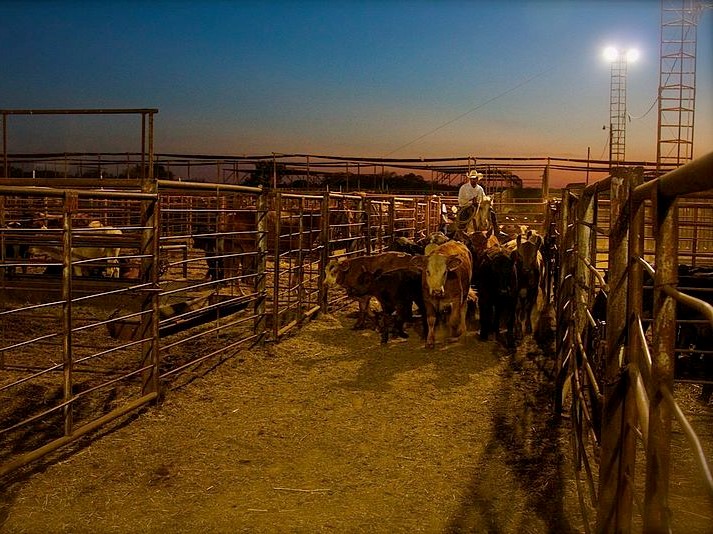




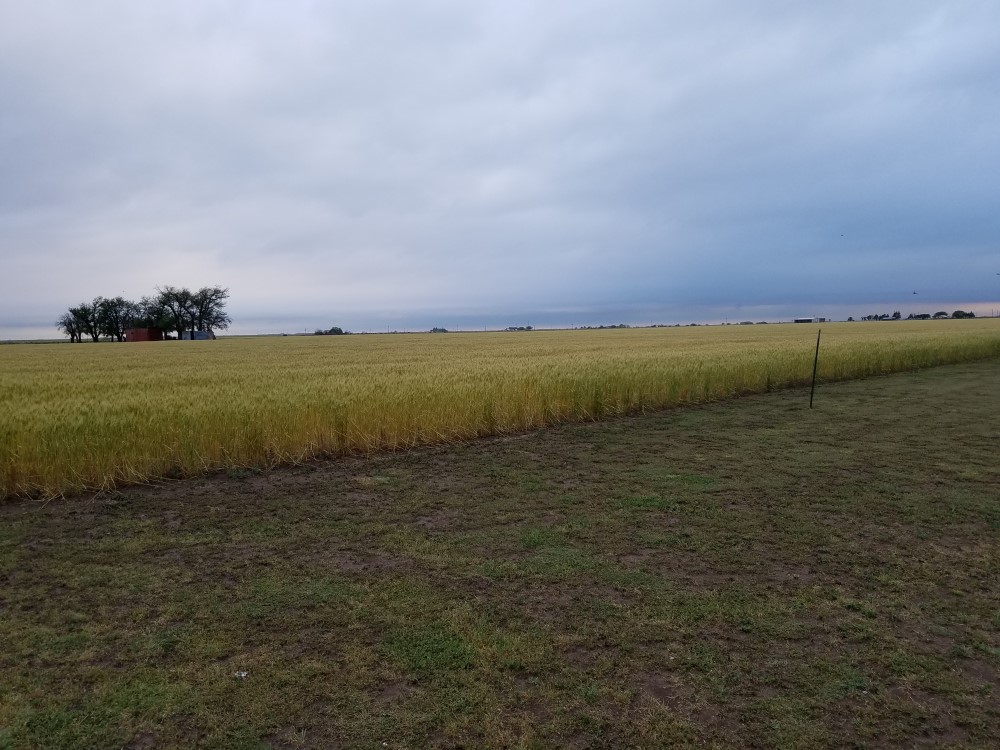
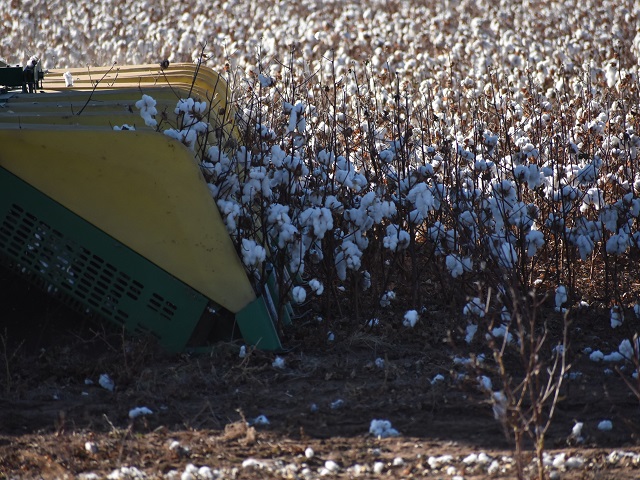




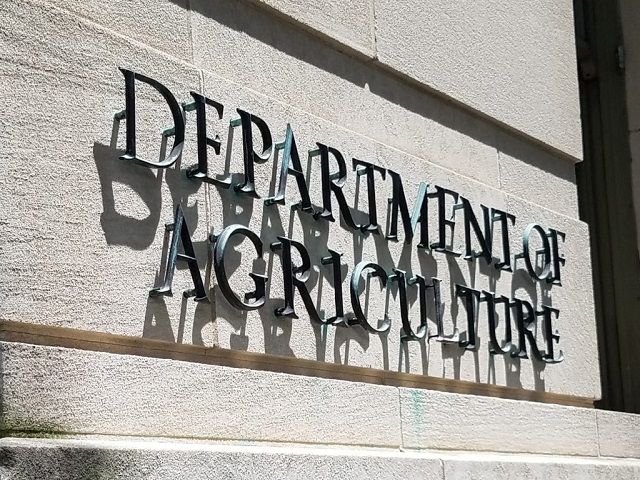


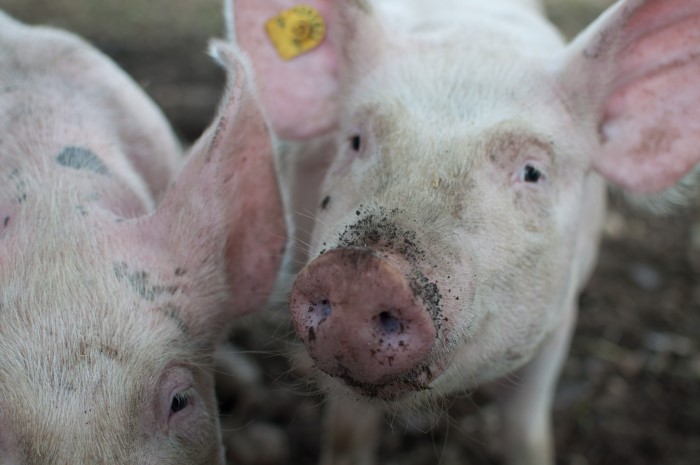
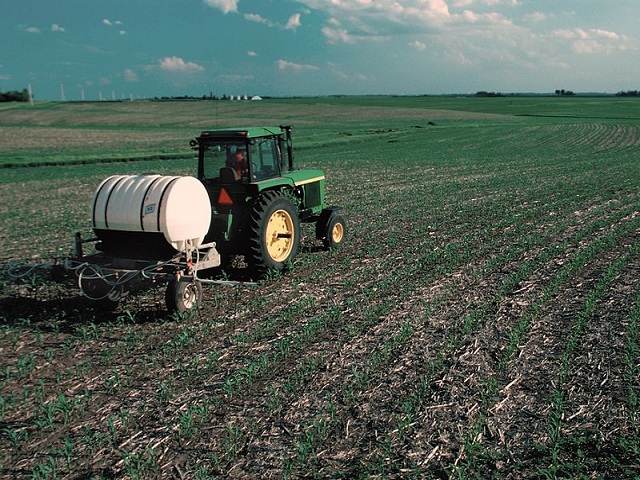
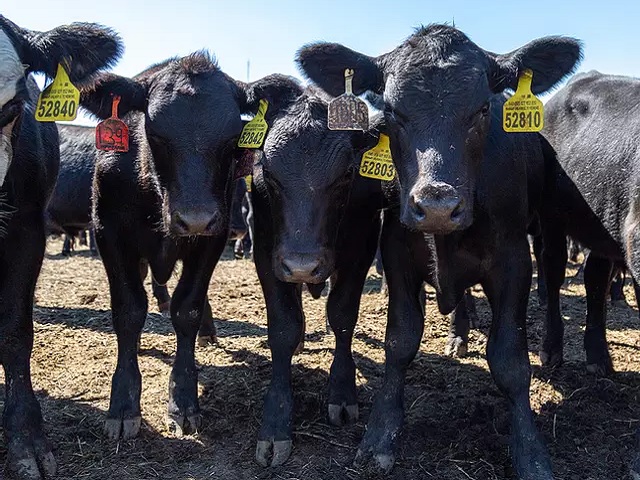





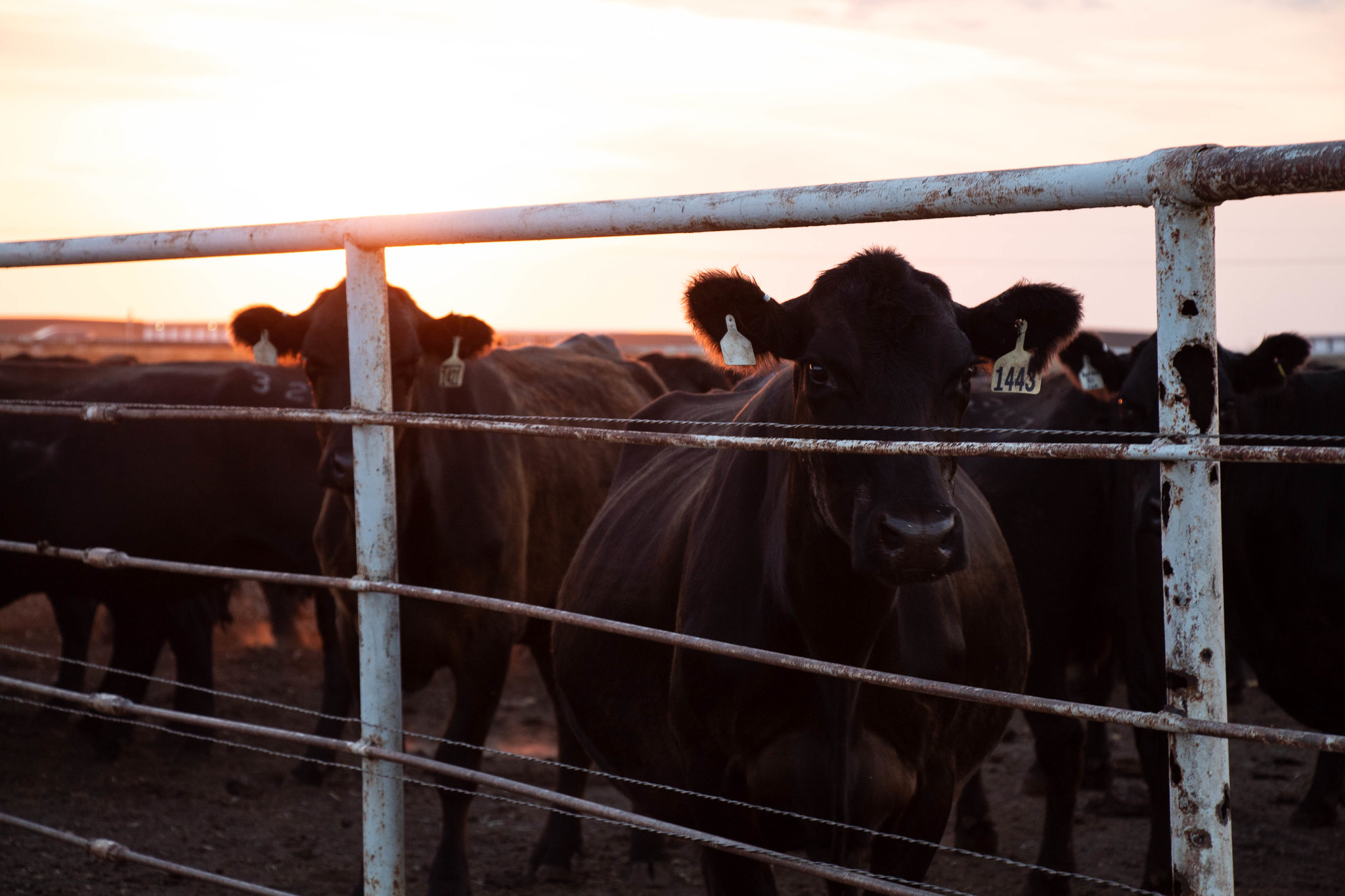
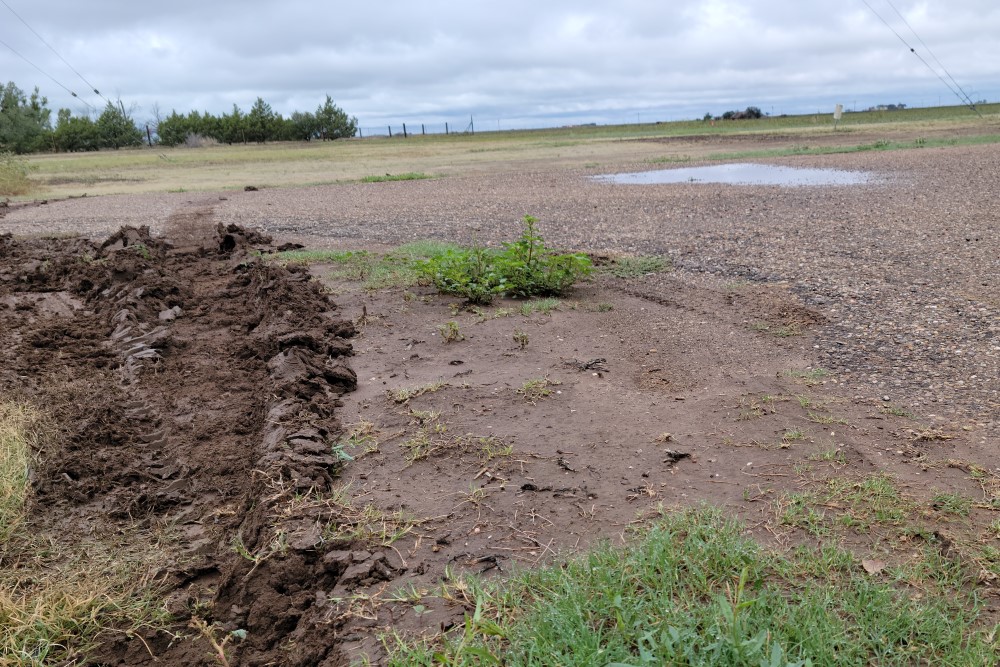

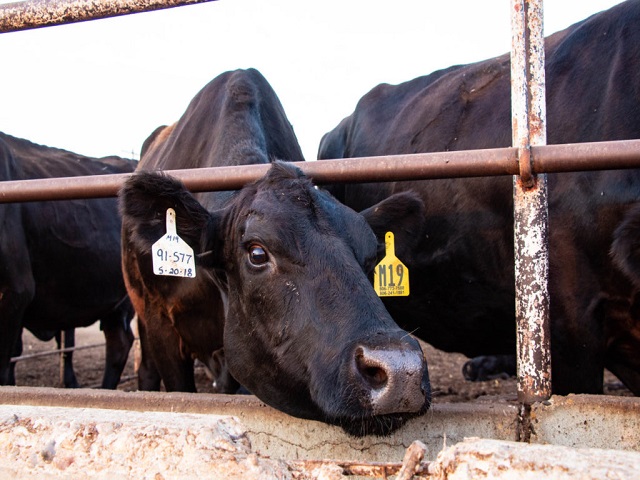

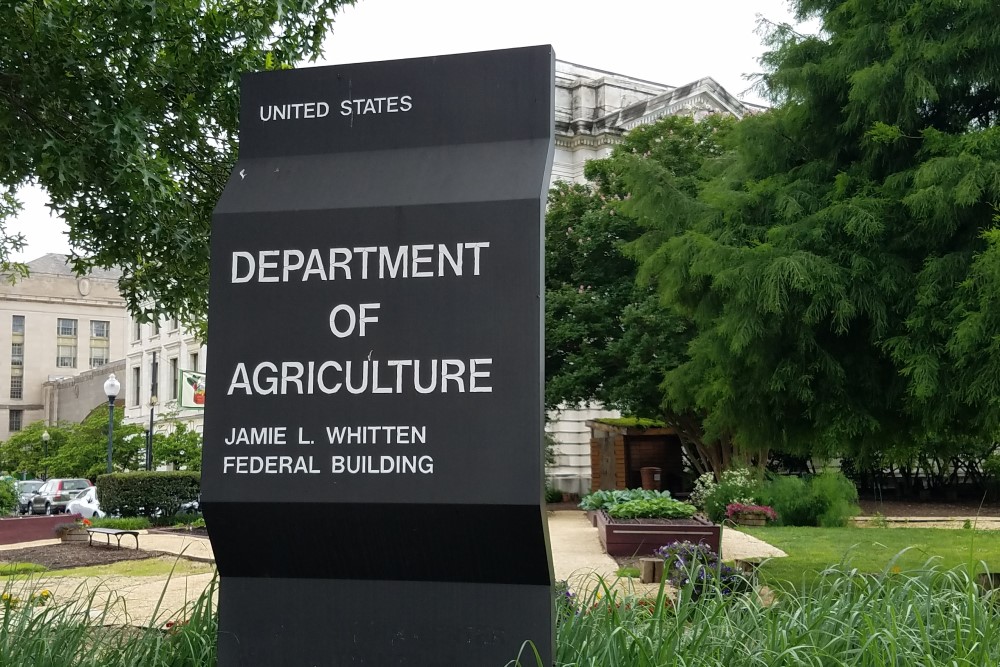



















































MEXICO CITY, MEXICO – Two weeks ago, the Mexican government lifted a deadline for banning imports of biotech corn for animal feed and industrial uses; however, the ban remains in … Read More
ARLINGTON, VA – Exports of U.S. commodities are expected to fall this year (FY2023), according to the latest projections from the United States Department of Agriculture (USDA). During the 2023 … Read More
Today’s guest is Andy LaVigne, President and CEO of the American Seed Trade Association (ASTA) in Alexandria, VA. We discuss priorities for the next farm bill, the obstacle Mexico has … Read More
ST. LOUIS, MO – More fallout continues from the latest announcement from Mexican President Andrés Manuel López Obrador that would end imports of corn grown using biotechnology and certain herbicide … Read More
MEXICO CITY, MEXICO – Last Wednesday, Mexican President Andrés Manuel López Obrador announced steps to reduce the average price of food products in his country by 8 percent, which has … Read More
MEXICO CITY, MX – Two-way trade in food and agricultural products between the United States and Mexico reached a record $63 billion in 2021, the result of a renegotiated trade … Read More
In a country dealing with cartel violence on a daily basis, the Mexican cattle industry is struggling under the weight of a historic drought as well.
There may be some growing concern in regards to crop exports and foreign demand amid higher commodity prices.
U.S terms of trade with Mexico advanced 4.9 percent for the year ended in March 2021, the largest year-over-year increase since the index was first published in December 2017.
Mexico’s cotton production is forecast to increase 22 percent for this marketing year on increased global prices and ongoing drought conditions favoring cotton production over other more water-reliant crops.
As the Mexican government tightens regulations on their domestic commercial farming operations, it’s beginning to hit the cotton industry south of the border.
Mexican farmers are facing serious seed shortages, according to a report from the Foreign Agriculture Service.